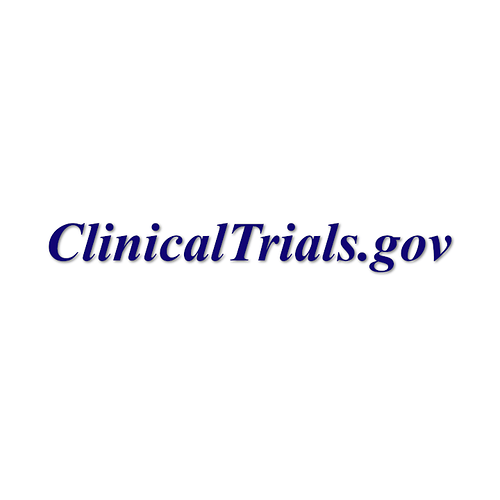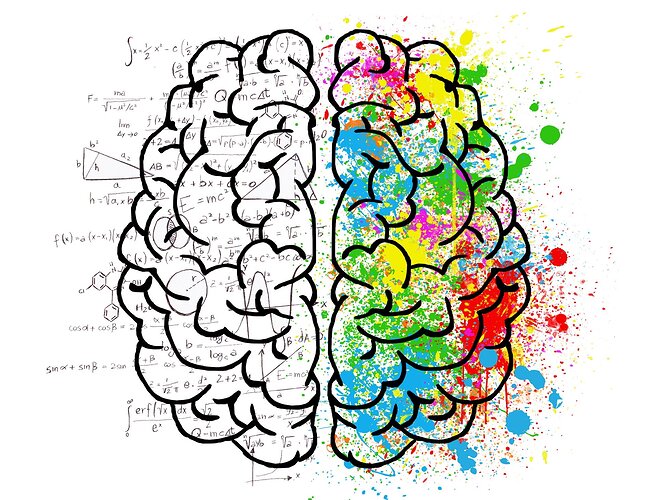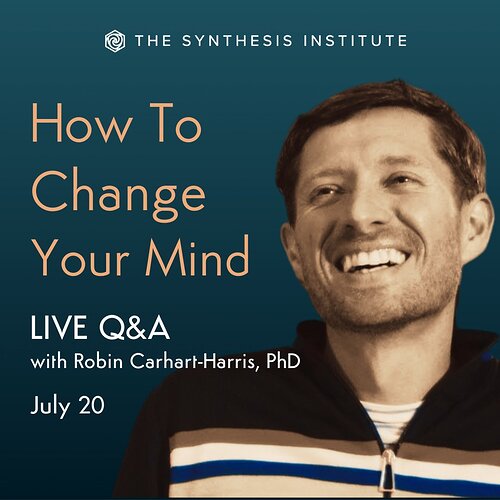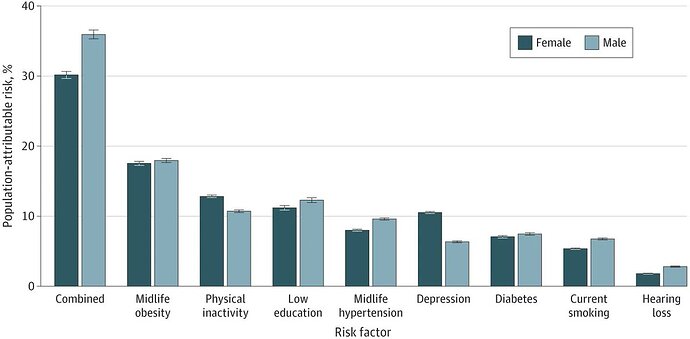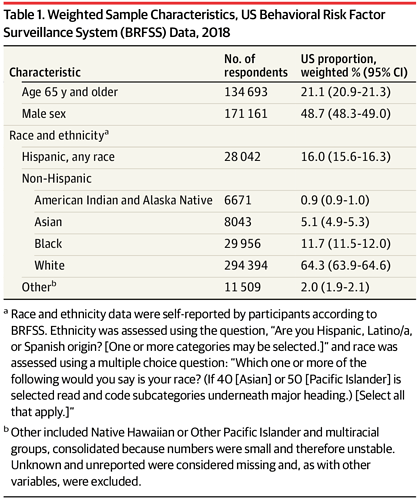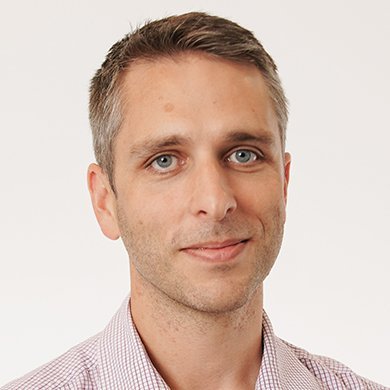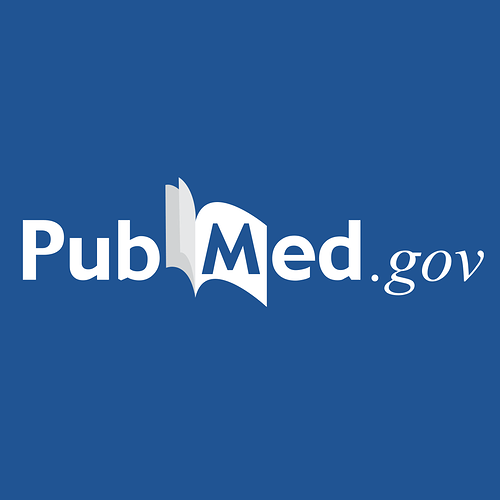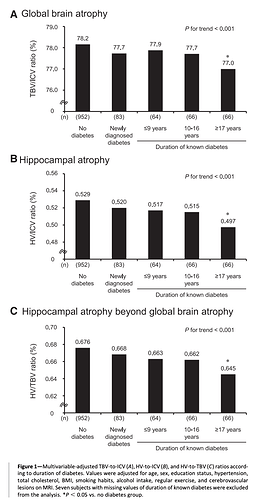Not discounting the efficacy for these transient and/or precipitous mood/mental health challenges, but for most people, the idea would be for a nootropic to support continued good cognitive (executive function, memory) as part of the longevity matrix.
It appears psilocybin acts and potentially activates serotonin 2A (5-HT2A) receptor, one of the brain’s receivers of serotonin, a substance that affects mood.
That’s not good enough for me to take a pharma dive, would want to see some clinical and/or many model studies.
The acute effects of classic psychedelics on memory in humans (2021)
https://sci-hub.se/https://doi.org/10.1007/s00213-020-05756-w
Conclusions
Classic psychedelics dose-dependently impair memory task performance but may enhance autobiographical memory*
- (Autobiographical memory is a part of episodic memory that contains an individual’s personal history of life events)
Scanning across recent literature (1-2 yrs), not seeing much re memory, but mood alteration.
One clinical trial, with memory as one of the secondary endpoints:
Mood and Cognitive Effects of Low Doses of Psilocybin Observed in Healthy Subjects (“MELO”): A Blinded, Placebo-Controlled, Dose-Finding Study
20 participants, 1mg, up to 10mg dose.
Secondary Outcome Measures :
- Assessments of physiological effects of psilocybin capsules [ Time Frame: Up to 96 hours post-drug administration ]
Use of validated questionnaires to assess drug-effects on mood, sleep, memory, cognition, anxiety and depression
Another trial on dementia/MCI:
Out of the 110 clinical trials for Psilocybin, they are mainly for mood disorders.
Bottom line: given my age, and cognitive health, will wait some more for better clinical data
